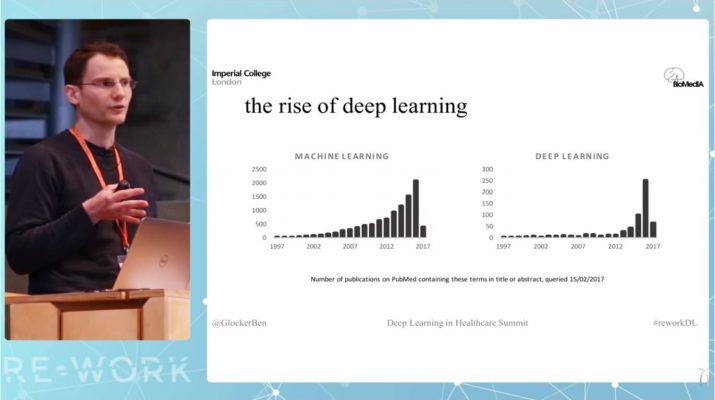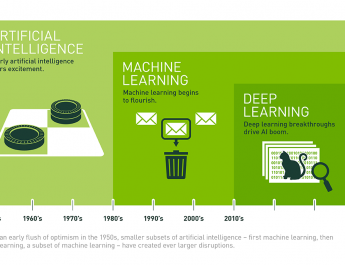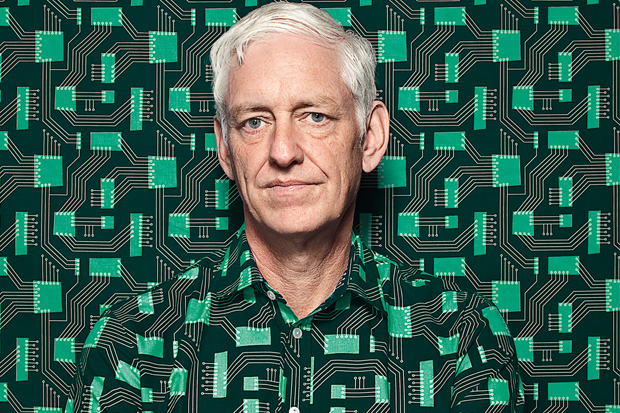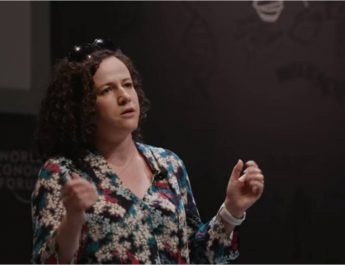Machines capable of analysing and interpreting medical scans with super-human performance are within reach. Deep learning, in particular, has emerged as a promising tool in our work on automatically detecting brain damage. But getting from the lab into clinical practice comes with great challenges.
How do we know when the machine gets it wrong? Can we predict failure, and can we make the machine robust to changes in the clinical data? We will discuss some of our most recent work that aims to address these critical issues and demonstrate our latest results on deep learning for analysing medical scans.
Ben Glocker is a Lecturer in Medical Image Computing at the Department of Computing, Imperial College London. He holds a PhD from TU Munich, and was a post-doc at Microsoft Research Cambridge and a research fellow at the University of Cambridge.
He received several awards for his work on medical image analysis including the Francois Erbsman Prize, the Werner von Siemens Excellence Award, and an honorary mention for the Cor Baayen Award. Ben is the deputy head of the BioMedIA group and his research focuses on applying machine learning techniques for advanced biomedical image computing and medical computer vision.




